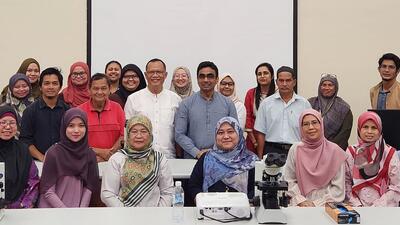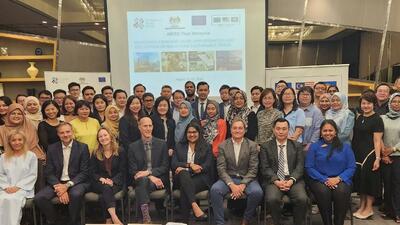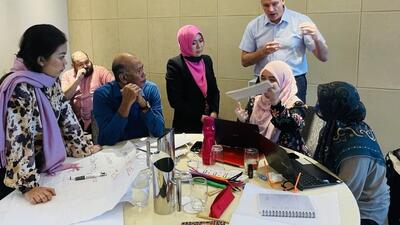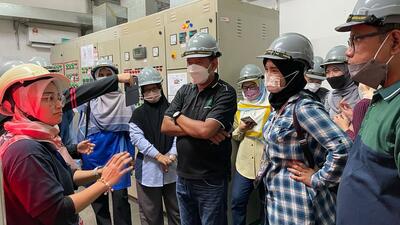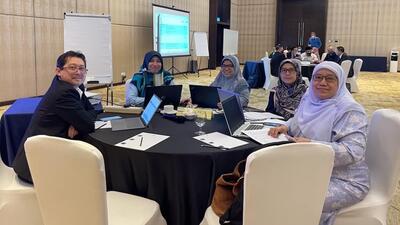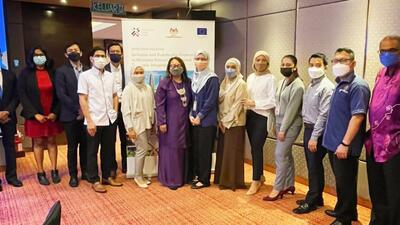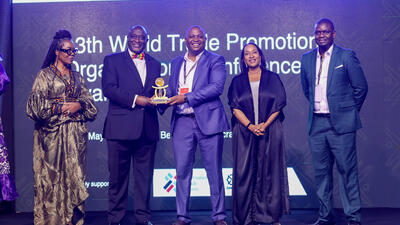Validation Workshop: Report on Latest Trends in Free Trade Agreements - Implications for Malaysia
Overview
Most contemporary FTAs tend to cover a new wide range of issues such as competition, public procurement, labour rights, sustainability and other topics that go beyond the definition of international trade but might significantly impact its results and evolution. For instance, the RCEP Agreement, ratified by Malaysia in March 2022, contains provisions on government procurement, competition, SMEs and e-commerce, which have not previously been included in most or have gone beyond those provided in the ASEAN+1 FTAs. The issue of trade and environment is also increasingly being addressed in regional and bilateral agreements, notably through chapters on “Trade and Environment” or on “Trade and Sustainable Development”.
As seen above, Activity 1.1 aims to assist Malaysia to gain a better understanding of trade policy regimes and international best practices of FTAs, to identify emerging regulatory and/or operational requirements beneficial and relevant to the economy and Malaysia’s major industries. The objective
of this activity is to assess how the emerging regulatory requirements and new trends can strengthen Malaysia’s trade policy formulation.
In the course of the project, it was agreed that this objective will be achieved through a review of existing FTAs as well as recent/potential developments and trends in international trade policy. In this regard, in collaboration with the stakeholders, a study was conducted on the following selected key topics: market access commitments along with regulatory requirements in relation to trade in goods (e.g., rules of origin and e-certificate, TBT, SPS), services and e-commerce, investment and investor-state dispute settlement (ISDS), competition policy, government procurement, intellectual property, environment, sustainable development, circular economy, and other rules-based chapters.
In this regard, a report on “Latest Trends in Free Trade Agreements: Implications for Malaysia” was developed by ITC. Among other things, this report included an analysis of 13 selected FTA’s (Malaysia is a party to some of them) to identify new trends in the thematic areas mentioned above. An initial draft of the report was submitted to MITI for feedback, based on which a second draft has been finalised.
As a next step, a workshop will be organised with relevant departments from MITI to validate and finalise the report. The main objective of the workshop will be to identify future capacity building activities to assist MITI and relevant stakeholders gain a better understanding of the various dimensions of new trends in FTAs and trade policy in general. Based on the review and prioritisation of these topics, ITC will then provide targeted awareness-raising workshops for relevant Ministry officials, private sector associations and businesses to enhance their understanding of the above-mentioned thematic areas.
This workshop is planned to be undertaken 16 January 2023 at MITI, 03.00 PM – 06.00 PM (Malaysia Time), 08.00 AM – 11.00 AM (CET time). The meeting will be undertaken through a hybrid approach with ITC experts joining through an online platform, while MITI officials will join physically supported by ARISE Plus Malaysia’s project team.






